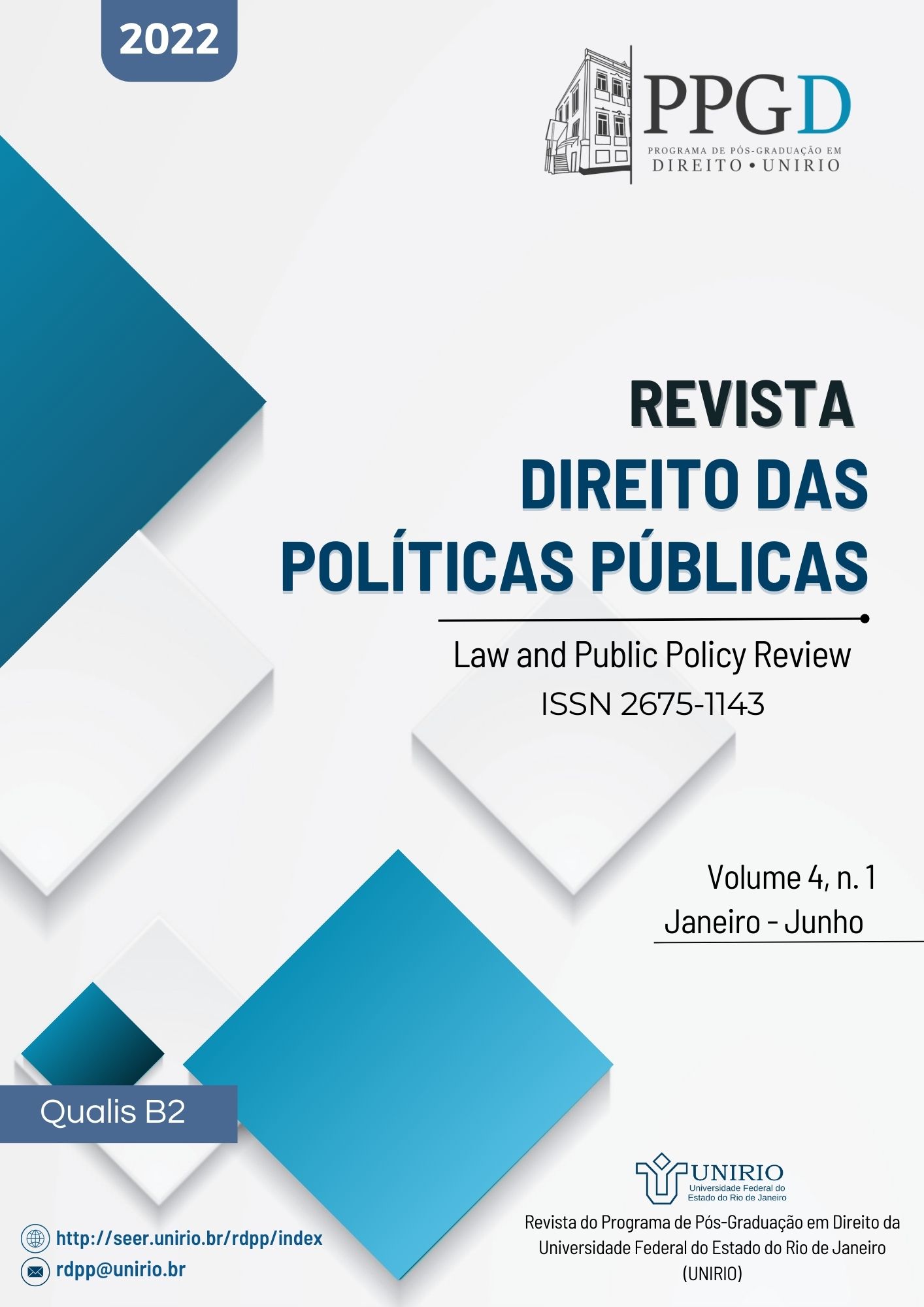IDENTIDADE E DIREITOS LGBTI
DILEMAS ENTRE A JUDICIALIZAÇÃO E AS DISCUSSÕES PARLAMENTARES
Keywords:
Direitos LGBTI, Casamento Homoafetivo, Análise do Discurso, JudicializaçãoAbstract
Abstract
The present article reveals an analysis of the effectuation of the LGBTI rights and the discussions in the Legislative about the subject, through law projects that were presented after the decision of ADPF 132 and ADI 4277 of the Supremo Tribunal Federal (Federal Court of Justice in Brazil) that recognized the Stable Union for homosexual couples. We propose a critical appraisal of how laws and projects interact with the historical moment in which we live. This is how we will begin an analysis of how, after the favorable decision of the STF in ADPF 132 and ADI 4277, it was possible the emergence of law projects and proposed amendments to the constitution aimed at the systematic withdrawal of LGBTIs' rights that were partially and precariously conquered with the aforementioned brazilian Supreme Court decisions. The article is divided into three parts: the formulation of the initial proposal that goes through the trajectory of the conquered rights and the attempt to withdraw them, in a second moment we will have a brief passage on the theoretical and methodological basis that enables such an analysis, and, finally, the analysis of the speeches about the bills that are the subject of the article. The methodology used was that of speech analysis with a pragmatic and dialectical bias, as well as using documentary and qualitative research of laws and judicial decisions, in addition to bibliographic research and comparative analysis. The results showed an unconstitutional movement of discriminatory attempts to withdraw rights from a minority social group.
Downloads
References
REFERÊNCIAS BIBLIOGRÁFICAS
ARGUELHES, Diego Werneck. RIBEIRO, Leandro Molhando. Criatura e/ou Criador: transformações do Supremo Tribunal Federal sob a Constituição de 1988. São Paulo: Revista Direito GV.V. 12 N. 2 (405-440), 2016.
AUSTIN, J. L. I Conferência: Performativo e Constatativo. In: Quando dizer é fazer. Artes Médicas. Porto Alegre, 1990.
BOBBIO, Norberto. Qual socialismo? Rio de Janeiro: Paz e Terra, 1983.
DELEUZE. Gilles. A lógica do Sentido. São Paulo: Perspectiva, 2006.
DELEUZE, Gilles e GUATTARI, Félix. Mil Platôs: capitalismo e esquizofrenia. Vol. 2. São Paulo: Editora 34, 2002.
DERRIDA, Jacques. Firma, Acontecimiento, Contexto. Edición electronica de Escuela de Filosofía Universidad ARCIS. Disponível em www.philosofie.cl.br, Acesso em 21 de fevereiro de 2020. 1971.
FOUCAULT, Michel. O Sujeito e o Poder. Uma revisão do trabalho. In: RABINOW, Paul;DREYFUS, Hubert. Michel Foucault. Uma trajetória filosófica. Para além do estruturalismo e da hermenêutica. Rio de Janeiro: Forense Universitária, 1995.
____. Resumo dos Cursos do Collège de France : (1970-1982). Rio de Janeiro: Jorge Zahar Ed. 1997.
_____. Microfísica do Poder: Verdade e Poder. 16ª ed. Rio de Janeiro: Edições Graal Ltda, 2001 a.
_____. Estética: Literatura e Pintura, Música e Cinema: O que é um autor? Rio de Janeiro: Forense Universitária, 2001 b.
_____. História da Sexualidade: a vontade de saber. Vol. 1. 16ª ed. Rio de Janeiro: Edições Graal, 2005 a.
_____. A ordem do discurso. 12a edição. São Paulo: Edições Loyola, 2005 b.
LEITE, Miriam Lifchitz Moreira. Outra face do feminismo: Maria Lacerda de Moura. São Paulo: Ática,1984.
LOBO, Lilia Ferreira. Psicologia em Estudo: Pragmática e subjetivação por uma ética impiedosa do acontecimento , Maringá, v. 9, n. 2, mai./ago. 2004.
VICENTE, Laila Maria Domith. PECs: Propostas de Emenda à Consitutuição ou Processos de Exclusão e Criminalização. Rio de Janeiro: Lumen juris, 2018.
VICENTE, Laila Maria Domith e RIBEIRO, Victor Oliveira. Proteção Penal à Liberdade Sexual da Mulher ou à Moral Sexual Dominante? Uma análise do filme Acusados. Florianópolis: FUNJAB, 2012.
SASSAKI, Romeu Kazumi. Inclusão: construindo uma sociedade para todos. Rio de Janeiro: WVA, 1997, p. 41





